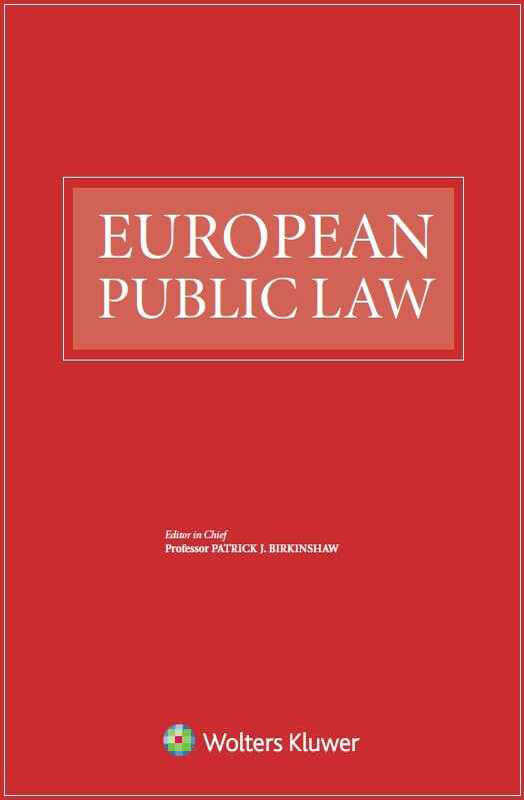Home > All journals > European Public Law > 30(3) >

$15.00 - Rental (PDF) *
$29.00 - Article (PDF) *
Marcus Navin-Jones
European Public Law
Volume 30, Issue 3 (2024) pp. 269 – 300
https://doi.org/10.54648/euro2024022
Abstract
EU Agencies’ decision-making should have credibility with stakeholders and the public. Boards of Appeal (BOAs) play an important role in safeguarding the quality and credibility of Agencies’ decision-making, and the resultant confidence that stakeholders and the public can have in it. The amendment to the Statute of the Court of Justice of the European Union to include BOAs into the judicial architecture, denotes the confidence that the Courts have in the legal ability for BOAs to fulfil this role. Recent case-law from the EU Courts further underlines the importance of the role itself. This paper focuses on the clarified legal status of BOAs, their independence, the division of responsibilities between BOAs and their respective agencies, and the challenges – in practice – of bridging the legal expectations of BOAs, with the practical realities.
Keywords
European Union, BOA, Board of Appeal, Appeal Board, functioning, Boards of Appeal,division of responsibilities, legal status, intensity of review, standard of review, Aquind, Appeal Boards, functional independence, allocation of competences, separation of duties
Extract
